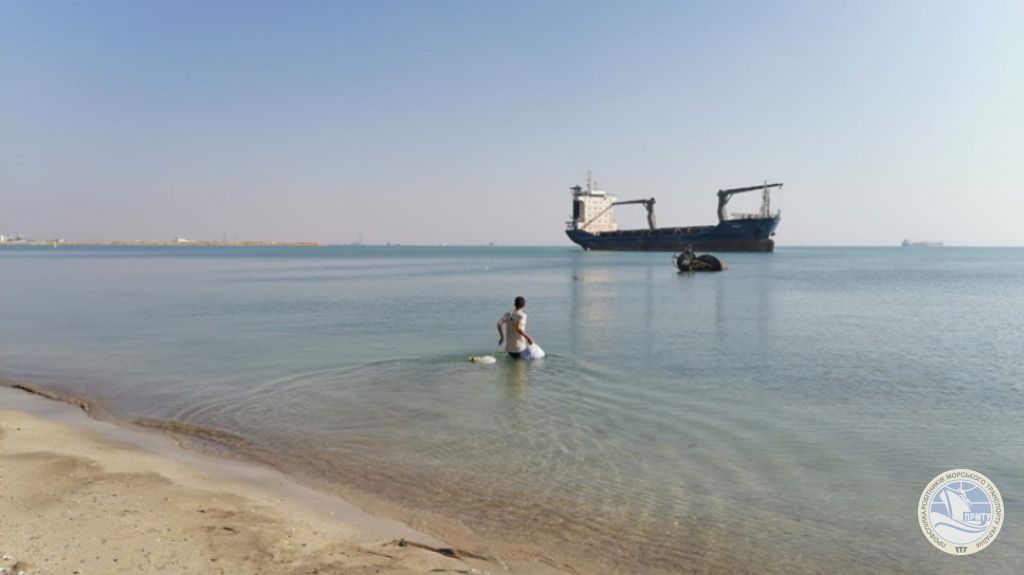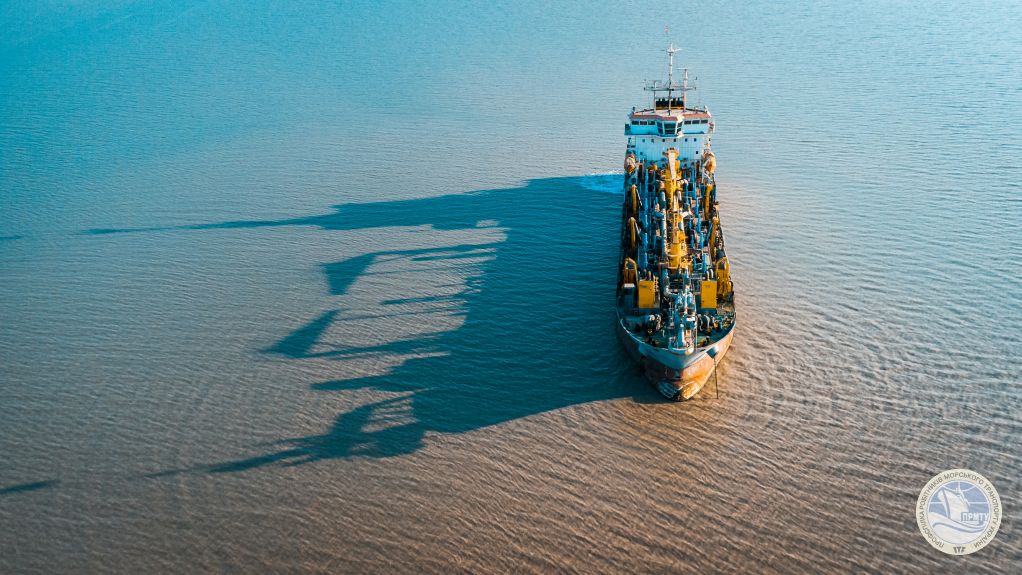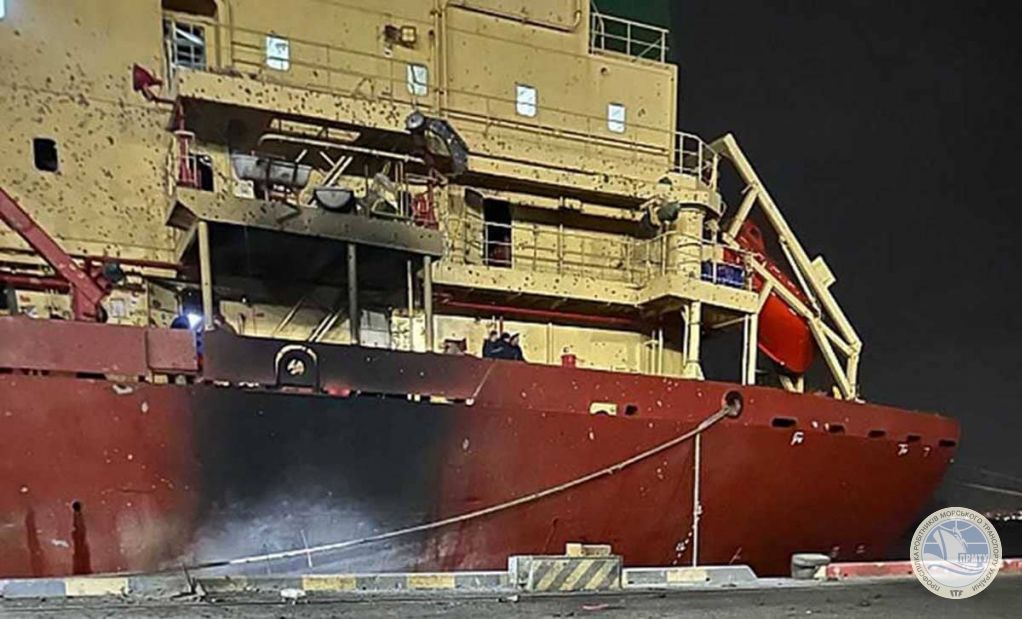Since 2017, an abandoned ghost AMAN ship has been in the Gulf of Suez. The Syrian seafarer Mohammad Aisha lived on board for four years, like in prison. He could not leave the place of his imprisonment as he assumed the court-prescribed responsibility for the ship's safety.
The story begins four years ago when the Bahraini-flagged vessel AMAN (IMO 9215517) was detained by the authorities in the port of Adabiya, Egypt, due to a number of violations: the vessel had expired class certificates, lacked necessary life-saving appliances and the ship's equipment was defective.
When the ship's captain, an Egyptian citizen, left the AMAN, the local court prescribed the Chief Mate Mohammed Aisha to watch the ship, thus making him unable to leave the bulk carrier and go home. Putting his signature on the documents issued by the court, Mohammad actually voluntarily agreed with the court's decision and, again, voluntarily assumed the obligation to bear responsibility for the safety of the bulk carrier. As Mohammad later reported, he did so only because he was not aware of the meaning and consequences of agreeing to such a court order. And only a few months later, when the other crew members began to leave for home, Aisha realized what was happening.
At the time of the ship AMAN arrest, Aisha had worked onboard for only a few months. And the next four years, Mohammed had to stay on the ship, which, negatively affected his physical and mental health.
Although the shipowner many times claimed of his attempts to help, the seafarer regularly faced shortages of food, drinking water, and fuel. To get food and charge the phone, the seafarer had to swim from the ship to the shore.
To release the Syrian prisoner, the International Transport Workers' Federation (ITF) has been actively struggling with the Egyptian port authorities and immigration officials. ITF Arab Coordinator Mohamed Arrachedi said that last week, after months of shipowner's and authorities' inaction, there was a significant breakthrough in the Aisha case. The court accepted an ITF proposal that one of the Egyptian Union representatives will replace Aisha on board AMAN and will take over his responsibility for the vessel.
On April 22, 2021, after four years of being in this trap, Syrian seafarer Mohammad Aisha was able to leave his prison. He left the AMAN and boarded a plane to return to his homeland and family in Syria. Aisha could not believe his nightmare was finally over: "How do I feel? It is like I am finally out of jail. I am going to reunite with my family. I will see them again."
ITF Coordinator Mohamed Arrachedi: “Aisha is, of course, very happy, but at the same time - exhausted. So many attempts to get him home have ended in nothing. We couldn't believe that his release was real until Aisha got on the plane. "
“It is unacceptable that the seafarers are always forced to pay such a high price staying on abandoned ships. Abandoned ships are a cancer of the maritime industry that needs to be abolished,” he added.
The case of Mohammad Aisha drew the attention of the general public to the current system in Egypt of the crews' legal liability for ships abandoned in that country.
The case of Mohammad Aisha is similar to the case of the Turkish Captain Vehbi Kara, who spent several months on the abandoned ship KENAN METE (IMO 8701935) in the Suez Canal in a similar legal trap. Legal protection provided by the ITF provided permission for the captain to leave the ship. Vehbi Kara was accommodated in a hotel nearby, but he is still deprived of the right to leave Egypt.




